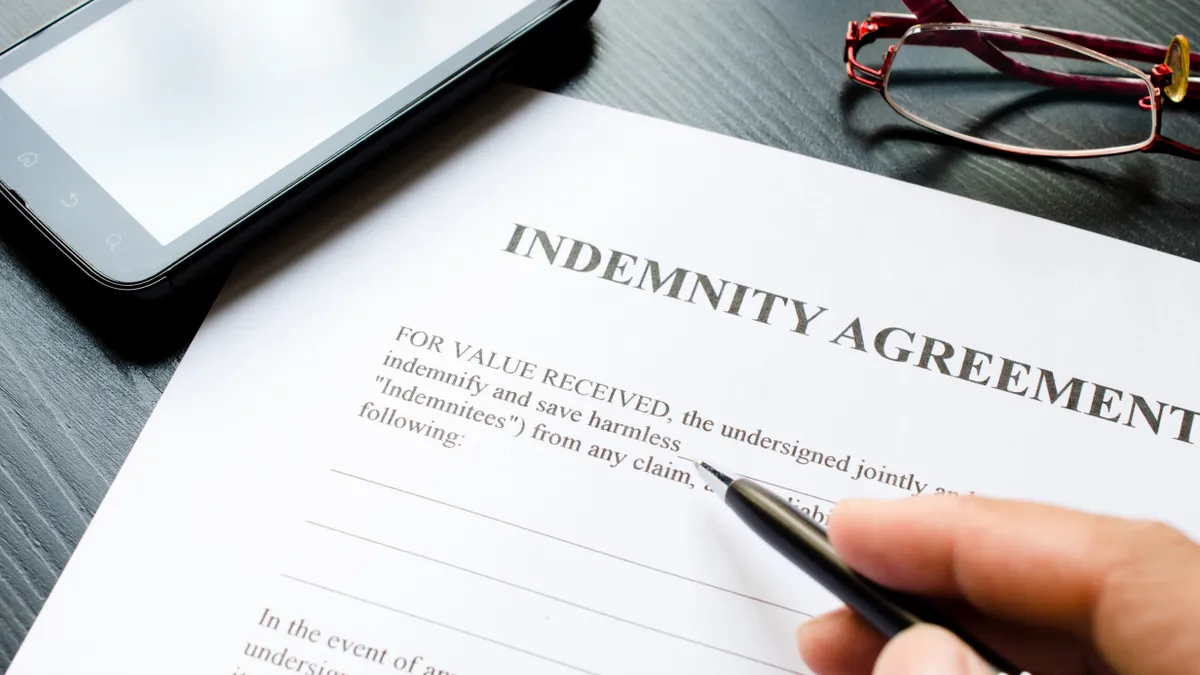A pair of insurers that said they were prepared to defend a group of policyholders in a property-damage case but didn’t have to indemnify them in the event of a judgment or settlement received tough pushback from a New York Supreme Court judge this week.
Acting Supreme Court Justice Gerald Lebovits in a Nov. 27 ruling said the insurers were acting prematurely in seeking to get out of a duty to indemnify a group of policyholders involved in a property damage case and, in a precedent-setting move, required them to pay the policyholders’ legal costs on the coverage action.
“It would appear to follow straightforwardly … that the [policyholders are] entitled to attorney fees,” the judge said.
The insurers, Utica Mutual Insurance Co. and Utica National Insurance Co., argued they should only be responsible for attorneys’ fees if they try, but fail, to get out of defending the policyholders in the property damage case. But since they’re prepared to defend the policyholders, and the matter in question only involves indemnification, they shouldn't have to pay the fees. To support their argument they cited state court of appeals precedent.
But the judge said the precedent was based on a misapprehension by the state court of appeals.
“Absent binding appellate precedent considering the question, this court concludes for itself that a policyholder is entitled to attorney fees when it prevails in the defense of an action brought by an insurer to challenge only the insurer's duty to indemnify,” Lebovits said.
Policy exemptions
The Utica insurers brought this matter on themselves in 2022 when they sought a declaratory judgment from the court.
In their filing, they asked the court to find that they didn’t have to indemnify the policyholders, a pair of building material companies called Crystal Curtain Wall System Corp. and Crystal Window and Door Systems, because the policies included exclusions that precluded coverage.
The Crystal companies moved to dismiss the insurers’ coverage action because the property damage case was ongoing. Until the case was resolved, it couldn’t be known if the exclusions applied. The insurers cross-moved for summary judgment.
In their response, the Crystal companies opposed the motion for summary judgment and, citing court of appeals precedent, said they’re entitled to attorneys’ fees for the matter involving the indemnification question.
The judge granted the Crystal companies’ motion to dismiss the insurers’ effort to get a declaratory judgment on the indemnification question and denied the cross-motion for summary judgment, saying the insurers were premature in seeking a ruling on their indemnity obligation while the property-damage case was ongoing.
“The issues of indemnification and coverage hinge on facts which will necessarily be decided in that underlying action,” said the judge, referring to the property-damage case.
In granting the Crystal companies’ request for attorneys’ fees, the judge affirmed state law entitling a policyholder to the fees when it’s put in a defensive position by the insurer trying to get out of its policy obligations and the insurer loses.
The question of whether policyholders are entitled to attorneys’ fees in a situation like one involving the Crystal companies, in which the insurer isn’t trying to get out of defending the companies but rather trying to get out of the duty to indemnify them, isn’t addressed, the judge said.
Since the insurers have put the policyholders in a defensive position on the matter, and they lost, he said, the same entitlement should apply.
“The Crystal entities may enter a supplemental judgment for the amount of their reasonable attorney fees, with the amount of those fees to be determined by motion made on notice,” the judge said.
The Crystal companies were represented by Keith McKenna and Chelsea Ireland of Cohen Ziffer Frenchman & McKenna.
The Utica companies didn’t immediately respond to a request for comment.











